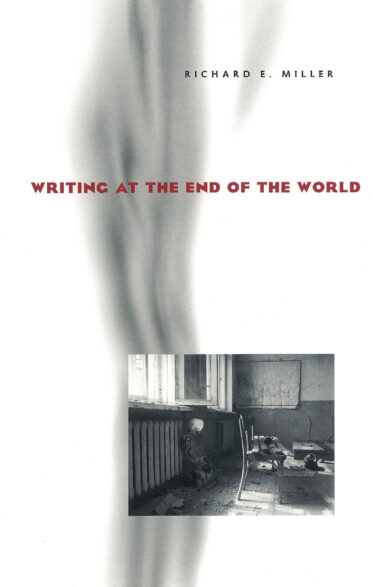What do the humanities have to offer in the twenty-first century? Are there compelling reasons to go on teaching the literate arts when the schools themselves have become battlefields? Does it make sense to go on writing when the world itself is overrun with books that no one reads? In these simultaneously personal and erudite reflections on the future of higher education, Richard E. Miller moves from the headlines to the classroom, focusing in on how teachers and students alike confront the existential challenge of making life meaningful. In meditating on the violent events that now dominate our daily lives—school shootings, suicide bombings, terrorist attacks, contemporary warfare—Miller prompts a reconsideration of the role that institutions of higher education play in shaping our daily experiences, and asks us to reimagine the humanities as centrally important to the maintenance of a compassionate, secular society. By concentrating on those moments when individuals and institutions meet and violence results, Writing at the End of the World provides the framework that students and teachers require to engage in the work of building a better future.



